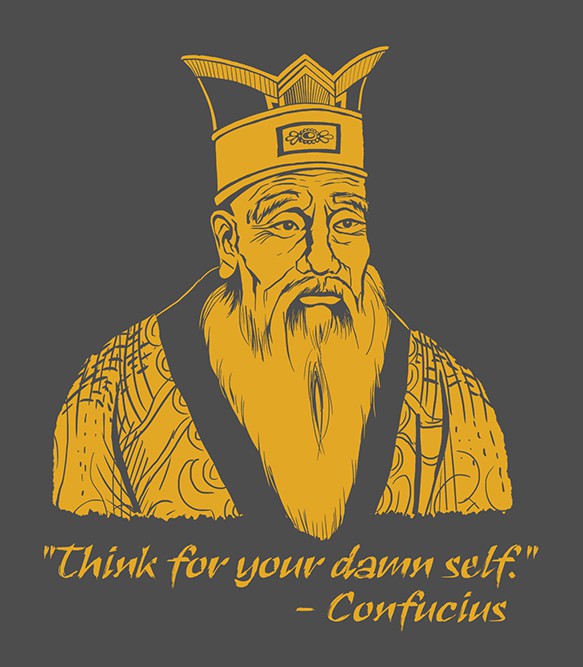
The protests in Hong Kong make me want to write about something that's bothered me for longer than I can remember.
There’s a strain of thinking called “Asian Values,” which basically says that human rights and democracy are things that the West either A) needs or B) is capable of handling, but which does not suit East Asian countries. This idea was heavily promotedby Lee Kuan Yew, who forged Singapore into a durable oligarchy. More recently, Xi and other Chinese leaders have declaredthat human rights and democracy are foreign ideas that must be rejected. Perhaps the starkest expression of the idea came from film star Jackie Chan in 2009:
"I'm not sure if it is good to have freedom or not," [Chan] said. "I'm really confused now. If you are too free, you are like the way Hong Kong is now. It's very chaotic. Taiwan is also chaotic."
He added: "I'm gradually beginning to feel that we Chinese need to be controlled. If we are not being controlled, we'll just do what we want."
Of course, this is all B.S. Autocrats are always telling us why their autocracy is necessary. Faced with the success of democratic countries in the 20thCentury, their only option is to claim that their countries are somehow different – that what worked for others won’t work for them. A few in the West may be tricked into believing this hogwash, motivated by outdated racial stereotypes that paint East Asians as collectivist, Russians as responding only to authority, Arabs as religious fanatics, etc. I’ve seen a number of pundits claim that Hong Kong’s protests aren’t really about democracy, but about anti-mainland elitist snobbery.
This idea is absurd, offensive, and obviously wrong. Studies show that Asian values place just as much weight on freedom and rights and democracy as Western values. The experience of Korea, and Taiwan shows that “Confucianist” East Asian countries want democracy, and that when they get it, they continue to thrive. All the “chaos” that Jackie Chan blabbers about didn’t stop Samsung and Foxconn from conquering global markets.
Personally, I’ve lived in Japan, and I work at a university with a huge Chinese presence. All my graduate students are from China. And I have seen no evidence that East Asians desire any different kind of relationship with their governments than the one Americans enjoy. Distrust of autocrats, desire for free speech and other rights, and a desire to kick out bad leaders appear to be universal.
But don’t take it from me. For a lengthier, more thorough rebuttal of the myth of authoritarian Asian values, read the 1994 essayin Foreign Affairs by former South Korean president Kim Dae Jung.
After the misadventure in Iraq, Americans are understandably souredon the idea of promoting democracy abroad through force. But that makes the idea of “Asian values” dangerously tempting. We want to believe that Asians don’t want or need the rights and freedoms we enjoy, because this gives us a convenient reason not to invade their countries.
We should resist this motivated reasoning. Invading countries is indeed a terrible idea almost all of the time, but that doesn’t mean we should stop ourselves from offering moral support to people like the Hong Kong protestors, who simply want to enjoy the same respect from their societies that we enjoy from ours.
The fact is, autocratic rule is causing real problems for people in East Asia, especially in China, but also in Vietnam, Cambodia and Laos – and of course, North Korea. Meanwhile, in South Korea, Japan, Taiwan, and Indonesia, East Asians are proving the “Asian values” idea to be a self-serving canard.
No comments:
Post a Comment